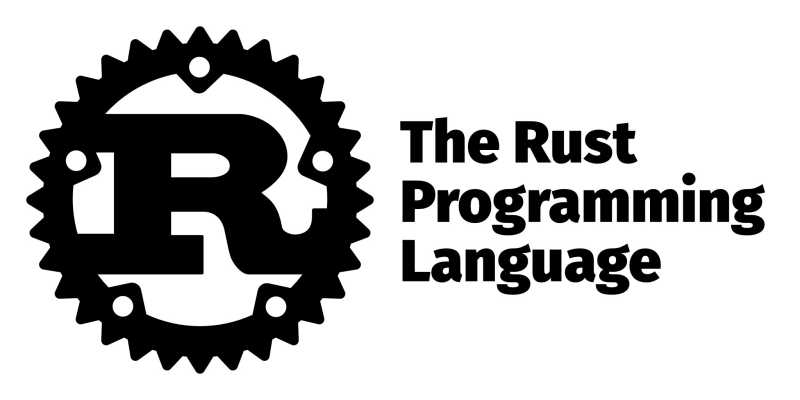
Rust Programming
ntroduction
In the ever-evolving world of programming, developers are constantly seeking tools and languages that offer enhanced performance, safety, and productivity. One such language that has been gaining significant attention in recent years is Rust. Known for its system-level capabilities and robust memory management, Rust is a versatile language that combines the performance of low-level languages with the safety of high-level languages. In this comprehensive guide, we'll delve into the world of Rust programming, its unique features, and why it's a game-changer for developers. Get ready to unlock the power of Rust programming!
What is Rust? Rust is a statically-typed, systems programming language that was first developed by Mozilla in 2010. It is designed to provide a safe and concurrent environment for writing efficient and reliable software. One of Rust's key strengths is its focus on memory safety, making it an ideal choice for system-level programming.
Why Rust?
Memory Safety Rust's most prominent feature is its emphasis on memory safety. It achieves this through a system of ownership, borrowing, and lifetimes. These features ensure that programs written in Rust are free from common programming errors like null pointer dereferences and buffer overflows, which are major sources of security vulnerabilities.
Performance Rust is known for its exceptional performance. Its zero-cost abstractions and close-to-the-metal control make it an excellent choice for tasks that demand high performance, such as game development, operating systems, and web servers. It even rivals C and C++ in terms of speed.
Concurrency Rust provides excellent support for concurrent programming. Its ownership system helps prevent data races and eliminates the need for locks, which can lead to deadlocks and other synchronization issues. This makes writing concurrent code in Rust much more reliable and straightforward.
Ecosystem Rust boasts a growing and vibrant ecosystem of libraries and packages available through the Rust Package Manager, Cargo. Whether you're building a web application, a command-line tool, or a system-level utility, you'll find a wealth of libraries to accelerate your development.
SEO-Friendly Rust Programming: Tips and Best Practices Now that you understand why Rust is gaining popularity among developers, it's time to discuss how you can create SEO-ready content about Rust programming. Here are some tips and best practices:
Keyword Research Before you start writing, conduct thorough keyword research to identify the key phrases and topics related to Rust programming that are in demand. Use tools like Google Keyword Planner, Ahrefs, or SEMrush to discover relevant keywords with decent search volume.
Quality Content Write high-quality, informative content that provides value to your readers. SEO is not just about keywords but also about user experience. Your content should be well-structured, engaging, and easy to understand.
Use Headings and Subheadings Break your content into sections with clear headings and subheadings. This not only makes your article more scannable for readers but also helps search engines understand the content's structure.
Internal and External Links Include both internal links (links to other articles on your website) and external links (links to authoritative sources) in your content. This can improve the user experience and provide more context to search engines.
Mobile Optimization Ensure that your website and content are mobile-friendly. Google prioritizes mobile-friendly websites, so responsive design is crucial.
Fast Page Loading Optimize your website's performance to ensure fast page loading times. Slow websites can negatively impact SEO rankings.
SEO Plugins and Tools Use SEO plugins and tools like Yoast SEO for WordPress to help optimize your content for search engines. These tools provide suggestions and guidelines for improving your SEO score.
Publish Regularly Consistency is key to SEO success. Publish new content regularly to keep your audience engaged and attract more visitors.
Engage with the Community Engage with the Rust programming community by participating in forums, social media, and other relevant platforms. Building a strong online presence can lead to backlinks and increased visibility.
Conclusion Rust programming is a powerful language that offers memory safety, high performance, and strong concurrency support. By following SEO best practices and creating informative content, you can share the benefits of Rust with a broader audience while improving your website's search engine rankings. As the programming landscape continues to evolve, Rust is a language that deserves the attention of developers and tech enthusiasts alike. Embrace the power of Rust and start creating SEO-ready content to share its potential with the world.